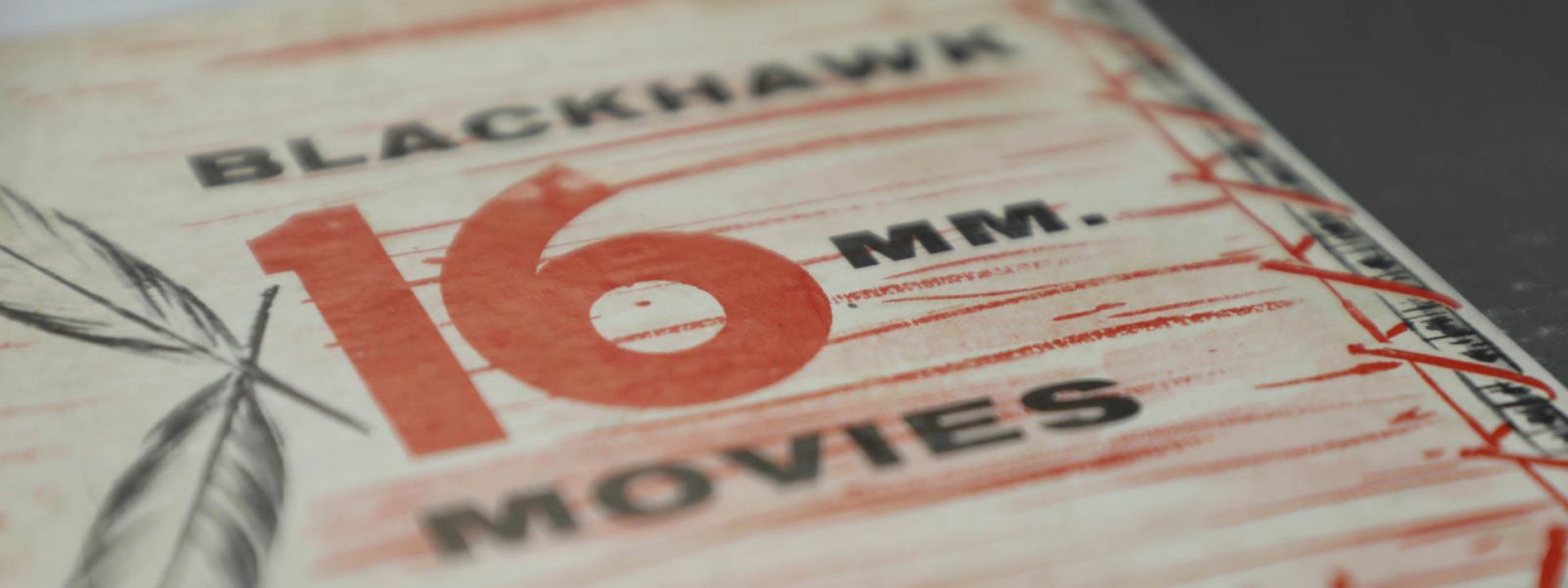The History of Blackhawk Films®
Since 1990, FPA-Blackhawk acquired important negative collections from the McGraw Hill, Killiam Shows, Essex Films, Glenn Photo Supply (Murray glass) and other collections of negatives or prints. The original Blackhawk Films library has more than doubled in size to more than 40,000 elements covering 12,500 titles.
Our negatives and fine grain master prints are on deposit with public benefit institutions, primarily the film archive of the Academy of Motion Picture Arts and Sciences, Library of Congress. Most of the other elements are deposited at UCLA, the Library of Congress and MoMA, ensuring that films on which our material is unique or outstanding will be permanently preserved.
We still restore and preserve many films each year in collaboration with major archives throughout the world and release between 5 to 10 new titles of classic films through Flicker Alley or Kino and Lobster Films in the rest of the world. Since 1927, Blackhawk Films has been all about sharing the love for films. And as long as we are here, it will continue to be so!
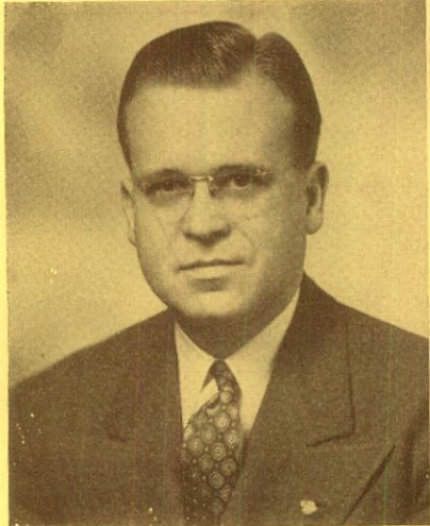
Kent D. Eastin started the business from the basement of his parents’ home. He made corporate films and film ads, filmed local news events for theater newsreels, and sold chunks of outdated, independent theatrical 35mm film prints for toy projectors.
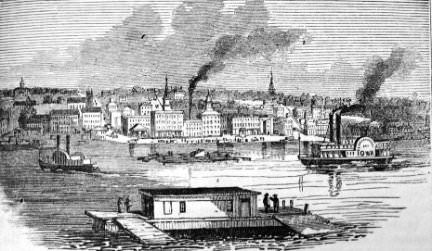
As 16mm optical got sound, Kent Eastin moved his company to Davenport, Iowa, acting mostly as a rental library. Eastin chose Davenport as an efficient junction for Railway Express shipping and because it had been a "film town", being home to the Victor Animatograph Company, a pioneer motion picture equipment manufacturer.
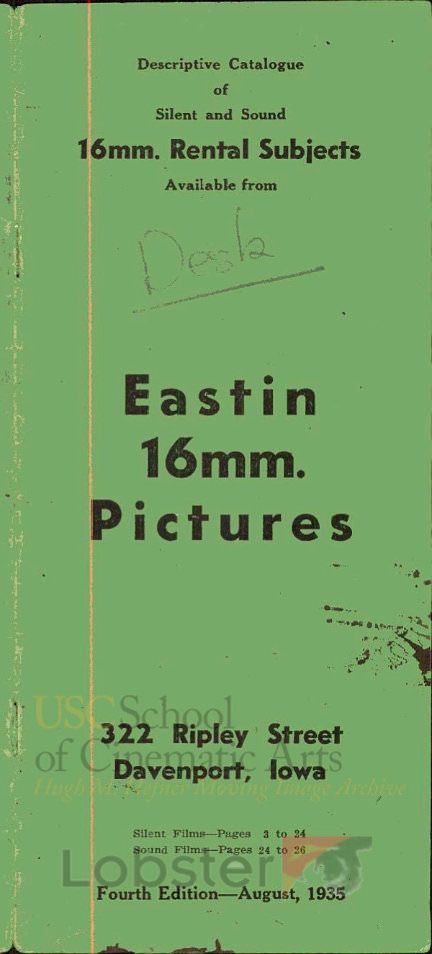
August – Publication of the first rental bulletin, under the name Eastin 16mm pictures.
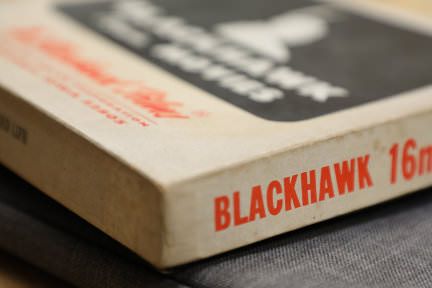
The name Blackhawk Films was chosen as a separate trade name to distribute more popularly priced rental programs (big Chief Blackhawk was a very popular figure in Davenport).
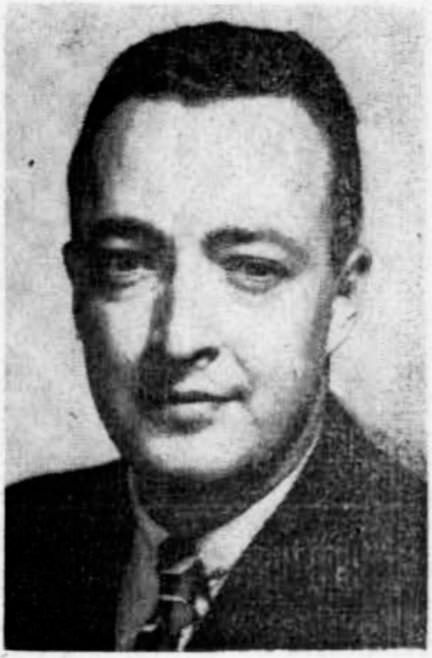
Kent Eastin partnered with Martin D. Phelan, who has a background in direct mail and management. The Blackhawk name was used for an auxiliary business, liquidating stocks of used 16mm prints from British Information Services, Mills Panoram Soundies, and other libraries and producers.
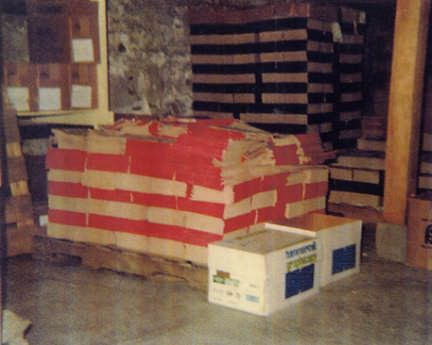
First edition of the monthly catalog. More than 2,500,000 used films will be sold by mail before this business is discontinued in 1981.
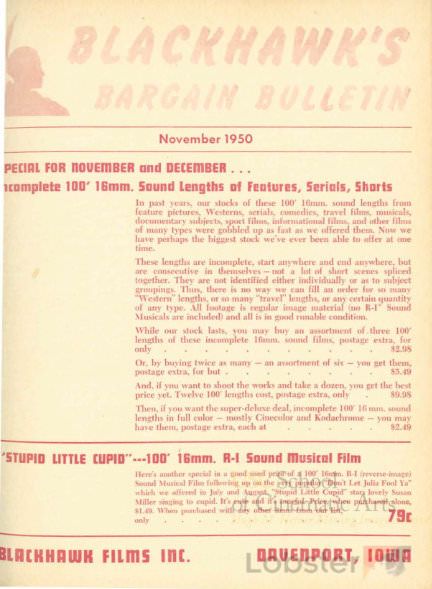
In November, the bulletin became monthly, under the name “Blackhawk’s Bargain Bulletin”, to sell off discontinued releases from Castle and Pictorial Films, and used prints of feature films.
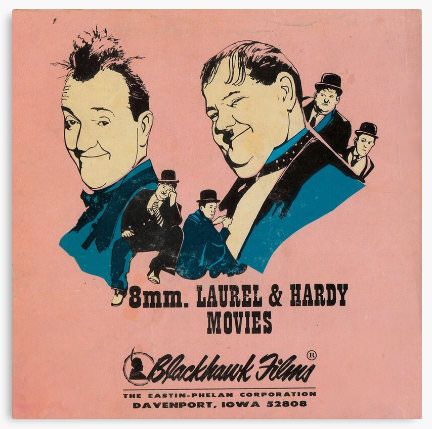
Blackhawk introduced its own releases in both 8mm and 16mm. Included in this “Collectors Series” were Laurel & Hardy silents from Hal Roach Studios, authorized editions of Keystone comedies licensed by one of Sennett’s original backers, Harry Aitken, and a grouping of railroad films (Kent Eastin was an avid train enthusiast).
During 20 years, Blackhawk grew to dominate the 8mm and 16mm home movie field with 125,000 customers, up to eighteen new releases every month, and an in-house film restoration facility better than any then possessed by any archive at the time.
More than ninety employees worked in a picturesque building of roughly 30,000 square feet which had been built as a brewery in 1857. It had rock walls and contained caverns where beer was kept. These caverns later provided the ideal cool environment for Blackhawk's film storage.
The company was known for its impeccable business methods, its honesty in advertising and "above-board" dealings, its "no gimmicks" sales and its manner of unhesitatingly correcting any complaints from customers, without questions. Blackhawk became quickly world famous.
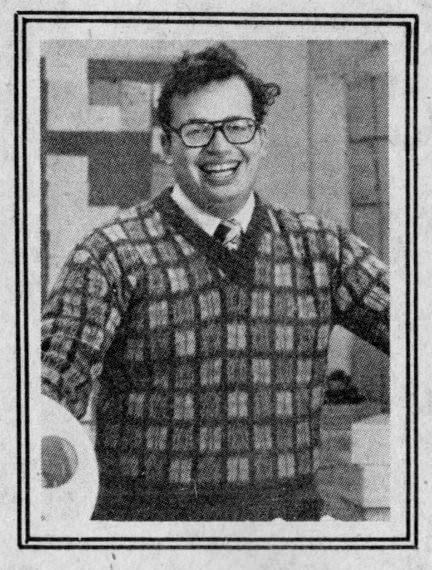
David Shepard joined Blackhawk, and remained until 1976, as Vice President for Product Development. He had worked with the American Film Institute, and started to collaborate with Kent Eastin to ensure preservation of Blackhawk’s unique original films at the Library of Congress.
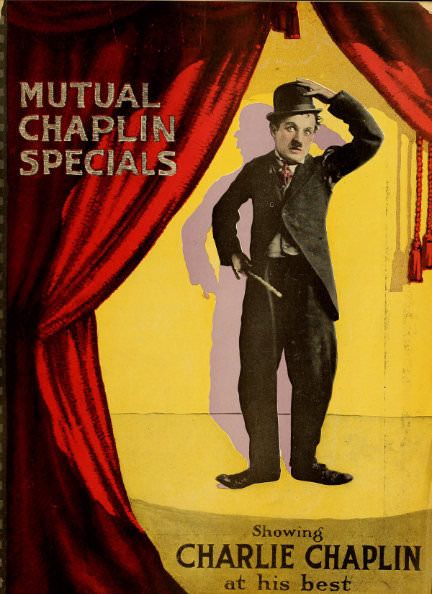
Blackhawk bought the Commonwealth Pictures library, that also includes the Van Beuren Cartoons, Chaplin Mutual Comedies, and a great deal of prime 35mm film material on them which has been important to the present day. That same year, Blackhawk was offered to buy out Hal Roach Studios for $100,000, but declined the offer.
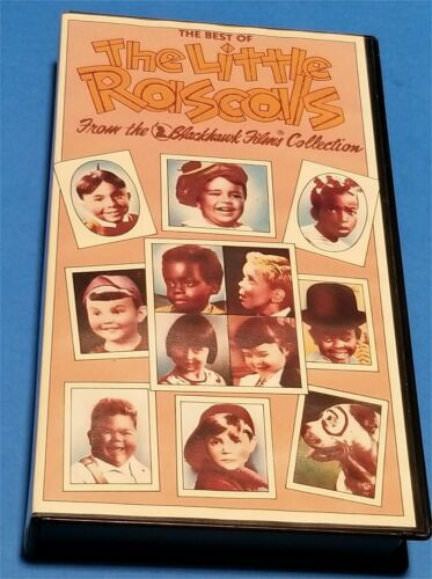
Eastin and Phelan sold Blackhawk to Lee Enterprises, a broadcasting conglomerate. Blackhawk wrestled with the requirements and style of new managers. VHS begins to redefine home entertainment. Basic decisions are made to emphasize mail order retailing rather than a unique product line, and heavy commitments to the Betamax and CED videodisc proved very costly.
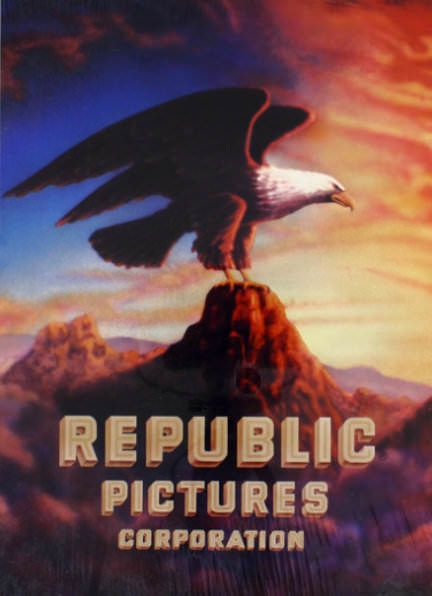
In the early 80’s, Lee Enterprises sold the company to its Blackhawk management team who struggled along until 1985. 8mm and 16mm fade away, and the bulletins were mostly filled with VHS offers. Republic Pictures bought Blackhawk Films, basically to get the mailing list for direct marketing of Republic’s home video line.
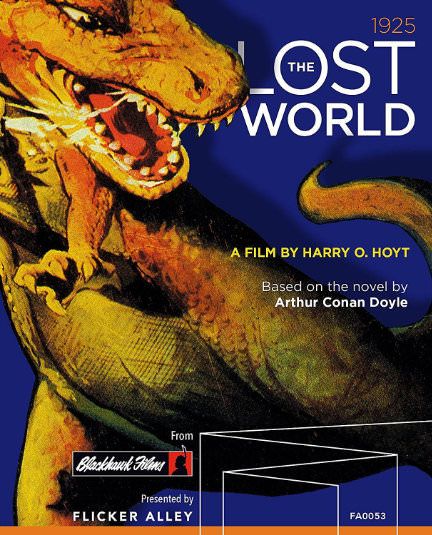
David and Kim Shepard acquired Blackhawk’s film equipment and moved it to California. They started a “boutique” business under the name “Film Preservation Associates”, restoring old motion pictures for archives and studios. In 1989, they purchased the Blackhawk Films library from Republic, continued 16mm film sales for another twenty years, and began producing high-quality video editions from Blackhawk’s film elements for distribution by Kino International Corporation, Image Entertainment and more recently by Flicker Alley.

David Shepard met Serge Bromberg, and very quickly a mutual access agreement was made between the two collections, Lobster Films and FPA (Film Preservation Associates).
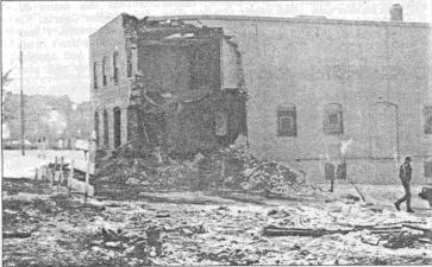
On February 28, a train derailed and crashed into the former Blackhawk building. The Quad City Times reported, "...a 75,000 pound rail car filled with lumber crashed...about 1:30 AM...into 1235 5th Street, ripping a hole in a portion of the historic structure..."
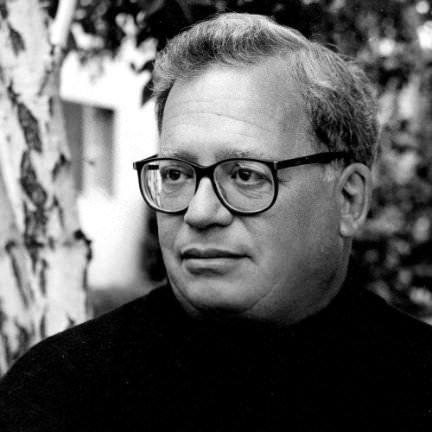
January 30 – David Shepard passed away in Medford, Oregon.
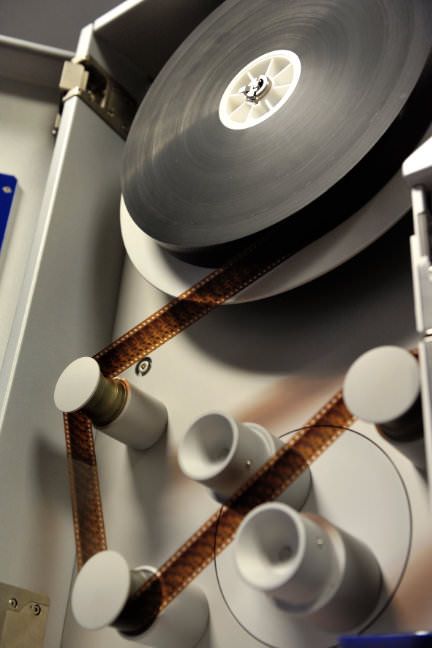
In April, FPA Inc. opens a digital lab in Burbank, offering the best image and sound scanning and restoration services for classic films. The technical staff team is chosen among the top films restorers from Lobster Films.

Film Preservation Associates Inc. buys back its original name, and becomes... BLACKHAWK FILMS, still using the original design and logo.
Almost all the original Blackhawk Films bulletins have been digitized by the USC Hefner Moving Image Archive. We are still looking for copies of the missing issues.

